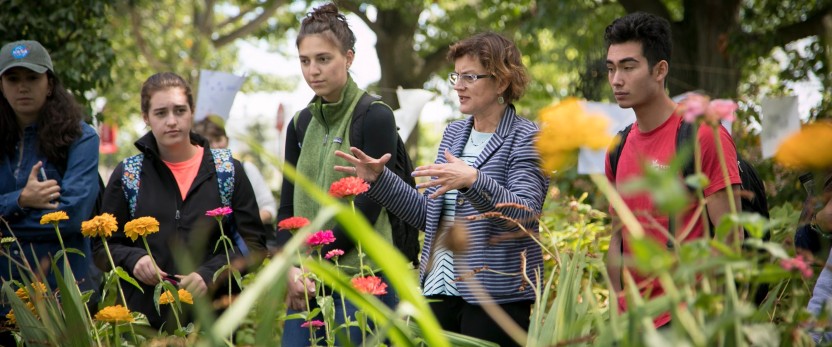Second Year
In your second year, you probably have a better understanding of Cornell. You may also have a clearer sense of your academic path – this might be the same path as when you started, but it might also be completely different. This can be a good time to explore ways to enrich your education or try out a new club or activity. What are a few things you might be thinking about as a second-year college student?
Continuing Your Academic Journey
In your academic journey, maintain strong relationships with your advisors, discuss your evolving interests, and consider minors and co-curricular opportunities. Reflect on past strategies for success, adapt your study habits, and seek guidance from faculty who can serve as mentors and open doors to research opportunities.
Continue to cultivate relationships with your advisors
Meet with your advisor to make sure you are on the right track with courses and the academic requirements for your intended major. Think about your interests – have they shifted or changed? You can also discuss possible minors and co-curricular opportunities like internships and research.
Hone your success skills
Take some time to reflect on your previous semesters. Identify some strategies that helped you be successful and also those habits or strategies that you might want to change. There is always something to learn so that you can manage your time and study more effectively. Make more connections with faculty
Faculty often serve as mentors, guiding you in your academic and career pursuits. They can offer advice, recommend research opportunities, and provide direction for your future. If you're interested in research, connecting with professors can inspire new ideas and possibly lead to research opportunities and projects.
Set Your Foundation and Build Community
Establish a strong foundation by expanding your social network, connecting with peers through various clubs and organizations, and considering leadership roles for skill development. Prioritize self-care, including time for personal connections, hobbies, and stress management techniques.
Develop connections with peers
Expanding your network and meeting new people, both those with shared interests and those with different views and experiences is critical. Consider ways that you might connect with different groups of people. This might include new clubs or organizations or through leadership and volunteering.
Consider leadership opportunities
Your sophomore and junior years are a good time to think about leadership opportunities. These might be part of a campus job, like leading workshops or organizing events, or an e-board position of a student organization or club. Engaging in leadership roles allows you to develop skills such as communication, decision-making, problem-solving, and time management.
Take care of yourself
In addition to building time into your calendar for academic works, be sure to make time for connecting with family and friends, activities you enjoy, getting enough sleep (~8 hours/night), and eating healthy foods. Consider ways to manage your stress and try out some 5-minute stress busters. Continue Exploring Experiential Learning and Career Options
Continually explore experiential learning opportunities, such as internships, research, study abroad, and community-based learning, to enrich your education. Start building your resume by seeking guidance from Career Services to showcase your transferable skills effectively.
Explore and enrich your education
Think about if there are experiential opportunities that you want to participate in. Depending on your interests, these could include internships, study abroad, community-based learning, or undergraduate research. It might also be taking an elective course that interests you. Talk to Career Services or your advisor for ideas. Begin to build your resume
An effective resume is essential. Consult Central Career Services or career services in your college to begin building your resume and to consider how you can present evidence of the transferable skills that you have developed in prior experiences. 
